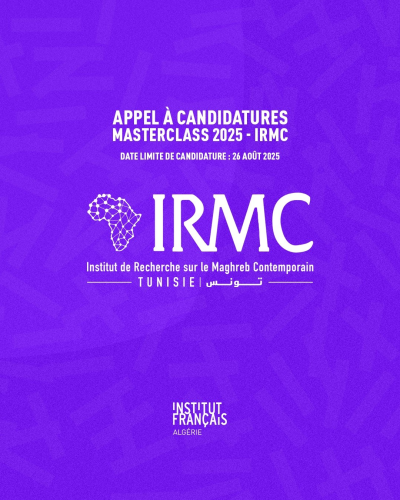
Chairs of Excellence in Biology-Health: an alumna among the fifteen winners
Fifteen scientists, including one alumna, have just been awarded a Chair of Excellence in Biology-Health, as announced jointly by the Ministries of Health and Research as part of the France 2030 plan. The scheme, which aims to boost the attractiveness of French biomedical research, supports outstanding scientists with international careers, whose research projects will be funded over five years.
The France 2030 investment plan aims to transform key sectors of the French economy over the long term, particularly in healthcare, through technological and industrial innovation, and to make France not just a player, but a "leader in tomorrow's world".
From basic research to translational research
Thanks to France 2030, but also via the Innovation Santé 2030 plan, the biomedical research component benefits from substantial funding. The French government intends to pursue its efforts to strengthen the international reputation of French healthcare research, both in terms of excellence and "attractive conditions for deployment throughout the country".
Among the measures introduced, the Chairs of Excellence in Biology-Health provide five-year funding for "ambitious research projects led by world-class researchers, integrating fundamental and translational research ", in other words, research that transforms discoveries, observations and ideas developed in the laboratory into practical applications. Ten research themes are highlighted, including integrative biology and cell biology, physiology of health, disease and aging, neuroscience and nervous system disorders, immunotherapy, and the prevention, diagnosis and treatment of human diseases.
A total budget of 80 million euros
As the French Ministry of Research points out, one of the key challenges in becoming a world leader is to attract and retain the world's best researchers in their field.
With this in mind, the Chaires d'excellence en Biologie-Santé (Chairs of Excellence in Biology-Health) program offers leading scientists from all over the world funding of between 2 and 5 million euros to carry out major new projects in France over a five-year period. According to the Ministry, the scheme aims to "finance around 40 chairs with a total budget of 80 million euros ". Chairs of Excellence, attached to a laboratory identified at the project submission stage, should also "provide a lever for applying to major European calls for tender ", such as the ERC (European Research Council) grants.
Researchers looking to move to France
After a first wave of 22 prizewinners in 2024, there are now 15 new outstanding scientists to be honored. Among the new winners are seven female and eight male researchers, three of whom have chosen to move to France to carry out their research projects. According to the Ministry of Research, two of the French winners were previously based in the United Kingdom, and one in the USA.
Chairs of Excellence are open to researchers working abroad and wishing to set up a team or join a structure in France, as well as to top-level scientists "already working in a French institution, and whose continued activities in France are essential".
An alumna among the winners
Among all these researchers, who all have international training and/or careers, we note the presence of an alumna, Professor Simonetta Gribaldo, of Italian nationality. After an initial doctoral training in Italy, the researcher completed postdoctoral studies in Paris, at the Université Pierre et Marie Curie (now Sorbonne Université) and the Université d'Orsay (now Université Paris-Saclay), as well as at the Institut Pasteur.
Today, as professor and head of the Evolutionary Biology of the Microbial Cell team at the Institut Pasteur in Paris, her work focuses on "understanding the evolution of bacteria to better fight pathogens".
The project for which she has been awarded a Chair in Biology-Health is entitled HUMAN-ARCHAEA, and aims to elucidate "the key players in cell growth and division in human-associated archaea ". Archaea, a new category of living organisms closely related to bacteria, are "widely known as microorganisms that thrive in extreme environments", including the mouth, pharynx, esophagus, stomach and intestine. The results of the HUMAN ARCHAEA project will provide "unprecedented insights into the biology of archaea", and will also have a major impact on a wide range of research fields, including human and animal health.







No comment
Log in to post comment. Log in.